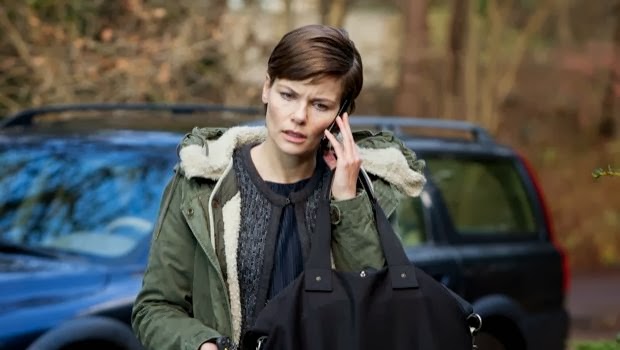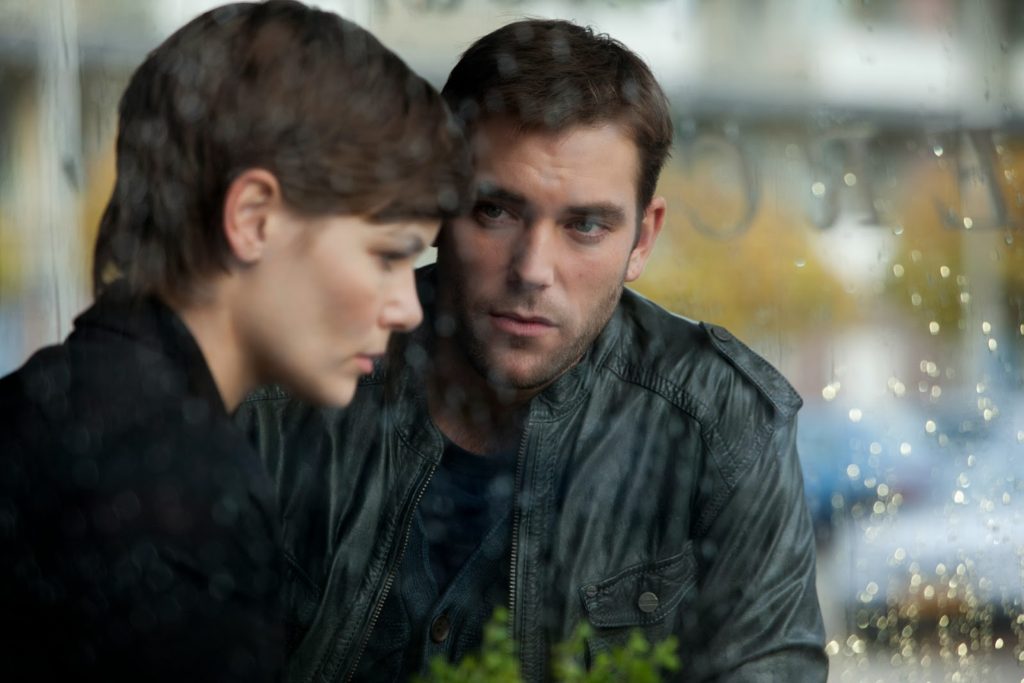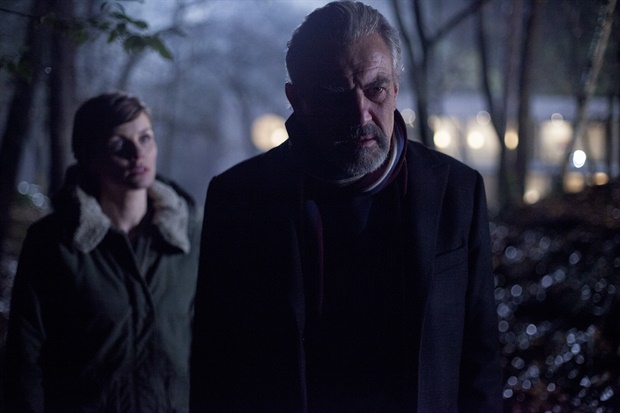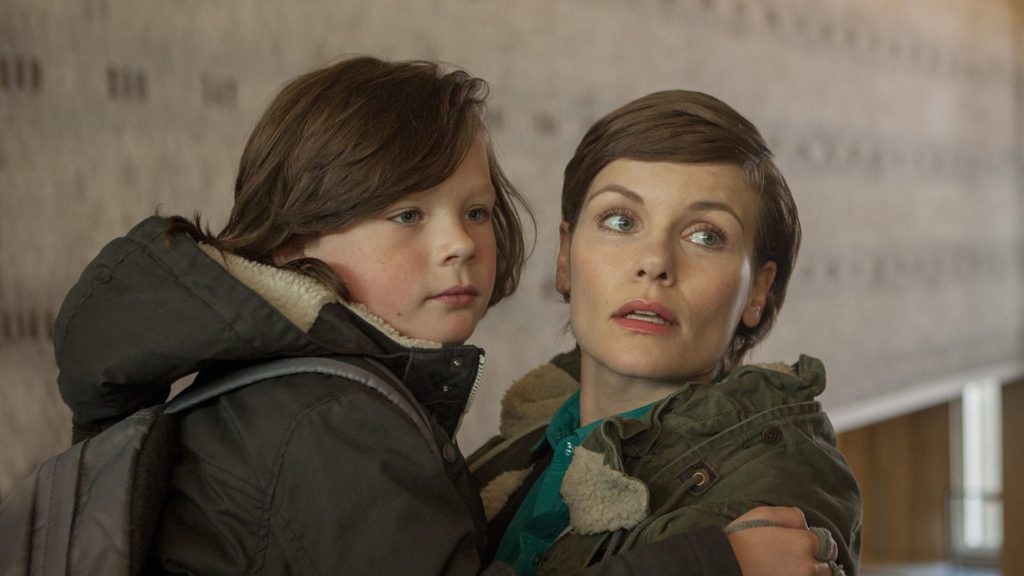Daylight
Iris’s secret

I have always complained here about the lack of creativity of the film industry today, investing a lot in remakes or well-repeated themes. Of course, this is Hollywood, paradise of capitalism, where the right profit is still the most important value. Therefore, it is a pleasant surprise to find a movie that escapes these standards, without neglecting the technical quality, and offering a different and intriguing story. This is “Daylight”, (“Daglicht”, NLD, 2013), directed by Diederik Van Rooijen.
The film begins by introducing the boy Aron (Daniel Verbaan) causing confusion in the pool, by diving and staying at the bottom, isolating himself from the others. The boy goes into crisis when touched, only calming down with the arrival of his mother, Iris Boelens (Angela Schifj), a young lawyer and single mum.
The teacher talks to Iris, recommending that she do psychological tests on her son, who has symptoms of autism, but the woman refuses it, because she does not want her son to be labeled as disabled. The school decides that he should stay a week away, to improve behavior.

Very busy at the law firm where she works, Iris decides to ask her mother, Ageeth (Monique van de Ven), one of the few people the boy relates well to. But, Ageeth is on a scheduled trip and refuses to give up on her, giving in only to her daughter and grandson to stay in her house, because the aquarium that exists there soothes the boy.
When one of the fish dies, Iris calls the specialist who looks after the aquarium to check, and a casual comment makes her curious, when he says the boy looks a lot like her brother at the same age. When she wants to know more, he doesn’t answer and leaves.
Intrigued, she calls her mother, who vehemently denies the fact, and hangs up the phone. Iris then breaks into her mother’s office and finds in a safe a briefcase with documents and newspaper clippings about a person named Ray Boelens, who allegedly committed a barbaric crime and was hospitalized in a judicial asylum.

Investigating the matter, she learns that Ray (Fedja van Huêt) had apparently killed a neighbor and vanied a baby. Because he was autistic, he refused to speak, and his lawyers hadn’t made much effort to get him out of the asylum.
Iris then decides to defend him, and goes to visit him in the hospital, counting on the help of Bo (Matteo van der Grijn), a friendly employee of the institution, and who had been dealing with Ray for a long time.
Iris is surprised when, when presenting herself as his sister, Ray denies it, saying that she is not his sister. He babbled a few meaningless sentences to Iris, which makes her even more intrigued.

The frustrated encounter with Ray is not the only strange thing that happens in Iris’s life. She receives anonymous threats, her boss and best friend suffers a serious accident, the mother refuses to talk about Ray, and even a case is taken from her, where she defended the son of a wealthy businessman by seduction of a minor. When she suffers an assassination attempt it is that she will have the opportunity to discover the secret that had been kept under lock and key in her own family for decades.
It is possible that, at some point in the film, the viewer suspects the solution of the mystery, but the sure direction, the tense and impactful soundtrack, the perfect cinematography, and the construction of the story, cleverly entertained with flashbacks of Ray’s life, keeps the viewer’s attention stuck from start to finish.
This movie is a rare representative of the Dutch industry, unusual in markets outside Europe, but which has already had Oscar winners as “Character” (“Karakter”, NLD, 1997), which won the category of Best Foreign Language Film at the 1997 Academy Awards.






